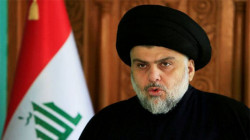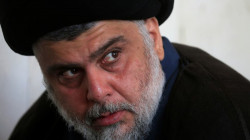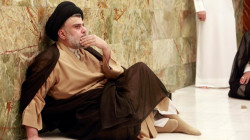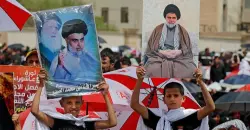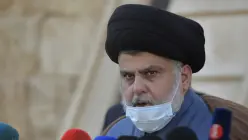In his victory speech, al-Sadr pledges to exterminate militias: even those who pretend resistance
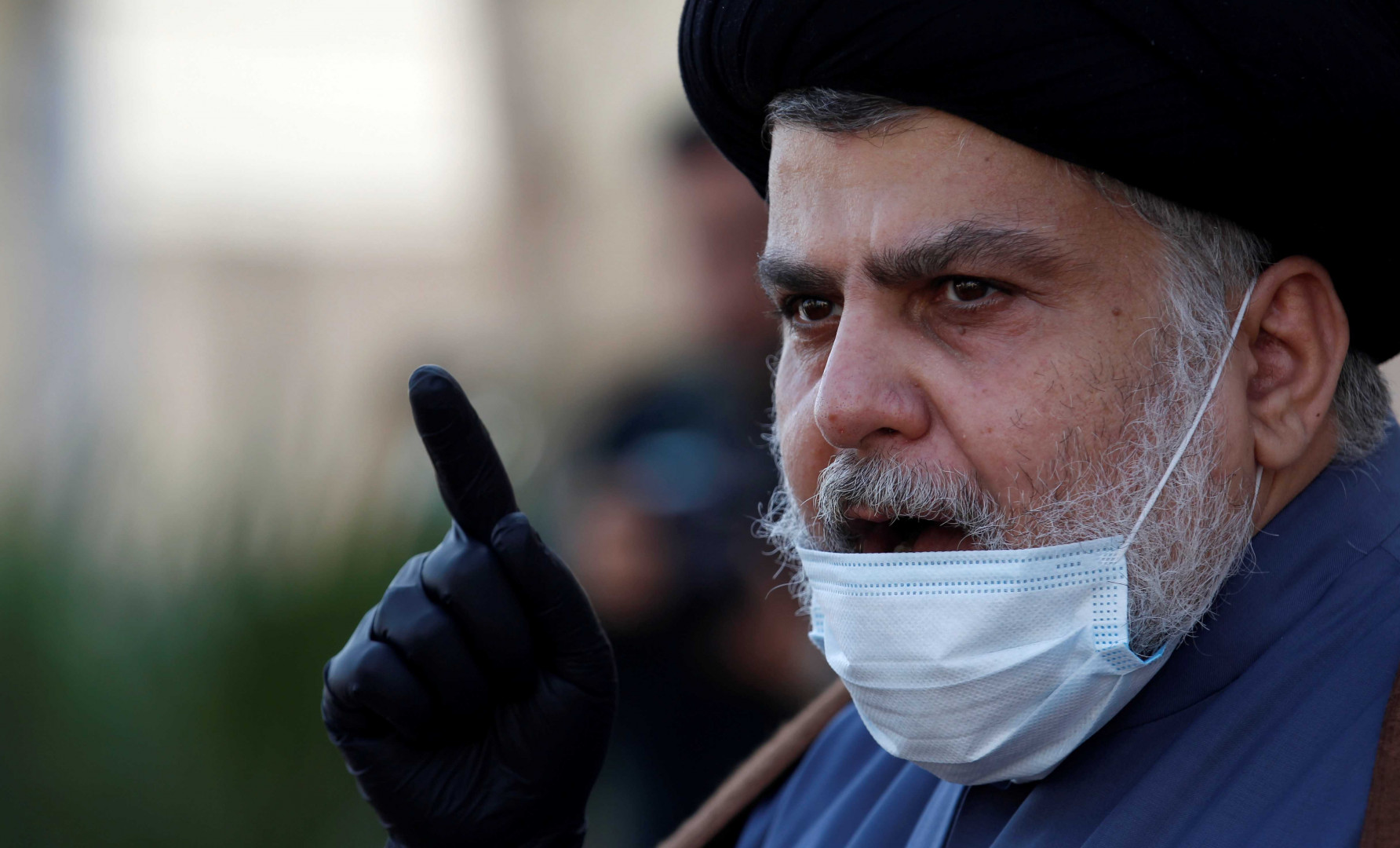
Shafaq News/ The leader of the Sadrist movement, Muqtada al-Sadr, on Sunday evening called for "confining arms to the hand of the state", pledging to put an end to the phenomenon of "militias" in Iraq.
The statements of the firebrand Shiite cleric came during a speech he delivered as his movement clinched the victory in yesterday's polls.
"Thank God who glorified reform with its biggest bloc. A bloc that is neither eastern nor western," the maverick leader said, "it is the day of the people, state, and security forces. A day in which the oppressed triumphed over the oppressor."
"It the day of triumph over the militias," he added.
Al-Sadr called for coining "a reform paper instead of sharing the cake and interests...there is no room for corruption and corrupts anymore."
The leader of the victorious bloc called for "confining arms to the hand of the state. It is forbidden to use it outside it; even from those who pretend resistance, whatsoever."
"It is the time for the people to live without militias," he voiced.
"All the embassies are welcomed, as long as they do not interfere in the Iraqi affairs," he continued.
Addressing his proponents, the populist leader said, "let the people's celebration for the biggest bloc be without armed manifestations and bothering others."
Posted online successively, the results of the early parliamentary election showed the Sadrist movement maintaining the most seats in parliament, leading in several of Iraq's 18 provinces, including the capital Baghdad. Al-Sadr, a controversial leader remembered for leading an insurgency against U.S. forces after the 2003 invasion, appeared to have increased his movement's seats in the 329-member parliament from 54 in 2018 to 73.
With 94% of the ballot boxes counted, none of the competing political blocs appeared on track to win a majority in parliament and consequently name a prime minister. But as the results stand, al-Sadr's bloc will be able to take a leading role in the political horse-trading to find a compromise candidate and set the political agenda for the next four years.
The State of Low Coalition, led by the former Prime Minister of Iraq Nouri al-Maliki, secured 37 seats, fours seat behind al-Taqaddom (Progress) bloc led by the Parliament Speaker Muhammad al-Halboosi.
The Kurdistan Democratic Party (KDP) led by the Kurdish leader Masoud Barzani has won 32 seats; twice more than Iran's favorite al-Fatah Alliance, which toll of seats diminished to 14 only from 48 in the 2018 elections.
Al-Fatah Alliance, led by paramilitary leader Hadi al-Ameri, is comprised of parties and affiliated with the Popular Mobilization Forces, an umbrella group of mostly pro-Iran Shiite militias. The alliance rose to prominence during the war against the Sunni extremist ISIS group. It includes some of the most hard-line Iran-backed factions, such as the Asaib Ahl al-Haq militia.
Voter turnout was 41%, a record low in the post-Saddam Hussein era signaling widespread distrust of the country's leaders and the vote for a new parliament. That's down from 44% in the 2018 elections, which was an all-time low.
